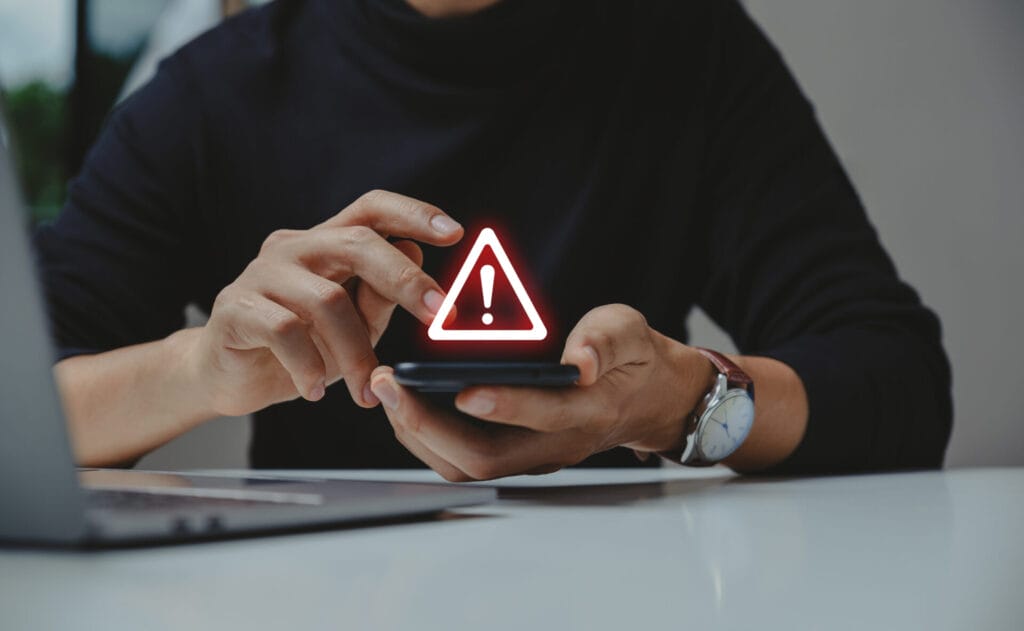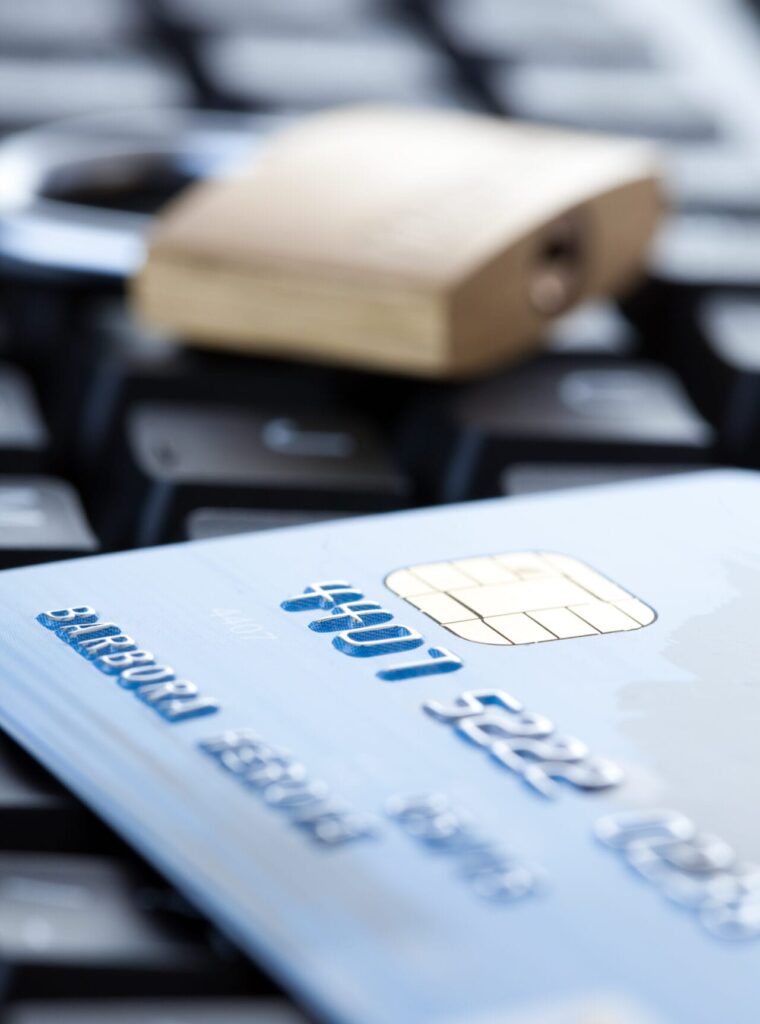As a trusted community bank offering Zelle, Bank of the James is committed to providing our customers with convenient and secure digital payment options while educating them about potential risks. Zelle is a fast, safe way to send and receive money directly from your bank account, but like any financial service, it can be targeted by scammers. Here are some of the most common Zelle scams to be aware of:
1. Impersonation Scams
Fraudsters may pose as friends, family members, or even representatives from Bank of the James or another trusted organization. They often claim there’s an urgent need and request money via Zelle. Always verify the recipient’s identity and the legitimacy of any urgent requests before sending funds. Imposter scams may occur via text or even phone calls, so if you receive an unusual request, use your contact information for that individual or institution rather than interacting with the same number that reached out to you.
2. Refund Request Scams
In this scheme, scammers send a fake payment notification and then request that you refund the “accidental” payment. The kicker? The original payment never actually occurred, and the “refund” you just issued was never needed. Always check your Zelle transaction history and account balance before refunding any payments.
3. Romance Scams
In some cases, scammers will create fake online identities in an all-too-common phenomenon known as catfishing. Unfortunately, these false relationships can cause serious emotional and even financial distress. Fraudsters will use fake dating profiles or social media accounts to build emotional connections with victims before asking for money through Zelle. Be cautious of online romantic interests requesting financial assistance.
4. Phishing Scams
Criminals may send emails or text messages that appear to be from a financial institution or Zelle, asking you to click a link or provide sensitive information. Never share your login credentials or personal information in response to unsolicited messages.
5. Facebook Marketplace Scams
Buying products online through platforms like Facebook Marketplace or Craigslist is becoming increasingly popular. In some situations, scammers may request that you send a down payment for an item via Zelle or a similar platform. However, scammers can be crafty, using fake images in their listings that seem real. One telltale sign you’re dealing with a scammer is the age of their account and number of friends — if a seller’s account was created within the same month they listed an item and they have minimal friends, proceed with caution.

6. Fake Invoice Scams
Scammers may send fake invoices for goods or services, pressuring you to pay quickly via Zelle. These invoices may even align with actual purchases you made, so you should always verify the legitimacy of invoices and the identity of the recipient before making payments.
7. Job Opportunity Scams
Fraudsters may offer fake job opportunities and request that you pay for training or equipment via Zelle. Legitimate employers typically don’t ask for upfront payments, and they won’t ask for those payments over Zelle.
8. Rental Scams
Scammers may advertise fake rental properties and request deposits or rent payments through Zelle. These rentals may be for long-term housing or short stays for vacations. Any valid rental situation will involve a formal contract that needs to either be signed in person or through a secure online platform before you make a payment. Always verify the property and landlord’s legitimacy before sending any money.
9. Tech Support Scams
Criminals may pose as tech support representatives, claiming there’s an issue with your account and requesting remote access or Zelle payments to fix the problem. Financial institutions will never ask for remote access to your devices, and in most cases, tech support for services or products you’ve previously paid for are free as part of your purchase.
10. Lottery or Prize Scams
Fraudsters may claim you’ve won a lottery or prize but need to pay fees or taxes via Zelle to claim your winnings. Legitimate lotteries don’t require upfront payments beyond your initial ticket purchase at a valid vendor.
11. Investment Scams
Scammers may offer high-return investment opportunities, requesting initial investments through Zelle. Though this may be tempting to explore, you should stay wary of unsolicited investment offers, especially those promising unrealistic returns.
So, Is Zelle Safe to Use?
While these scams can seem alarming, it’s important to remember that Zelle itself is a secure platform. The risks primarily come from social engineering tactics used by scammers to manipulate users. By staying informed and following best practices, you can safely enjoy the convenience of Zelle while protecting yourself from fraud.
Here are some key tips to keep in mind when using Zelle:
- Only send money to people you know and trust
- Verify the recipient’s information before sending money
- Be wary of requests for urgent payments or claims of emergencies
- Never share your Zelle login credentials or one-time passcodes with anyone
- Regularly monitor your account for any suspicious activity

When in doubt, do not send money via Zelle. As the old adage goes, if something seems too good to be true, it probably is.
What to Do If You Think You’ve Encountered a Zelle Scam
Do not send any money over any platform if you have suspicions you’ve encountered a scam. If you believe you’re interacting with someone who may be attempting a scam using Zelle, do not continue to engage with them and report them immediately. Similarly, if interactions started on Facebook, Craigslist, or some other social media platform, file a report.
If you believe you’ve been scammed and have already sent money through Zelle, you should reach out to your bank, credit union, or Zelle customer service to determine a path forward. Qualifying scams that end in money transfers may be eligible for refunds. After any scam occurs, closely monitor your account activity for suspicious activity or unauthorized transactions. Though scams can have dire consequences, responding quickly can minimize impact and protect yourself from further fraud.
Bank of the James Is Here to Answer Your Questions
At Bank of the James, we’re committed to helping our customers stay safe while enjoying the benefits of digital banking. Zelle offers a fast, easy way to send money to friends and family, pay for goods and services, or split expenses. By staying vigilant and following these guidelines, you can confidently use Zelle and avoid payment scams.
If you ever suspect fraudulent activity on your account or have questions about using Zelle safely, don’t hesitate to contact our customer support team. We’re here to help you navigate the world of digital payments securely.
Remember, your financial safety is our top priority. By working together and staying informed, we can help prevent scams and ensure that your banking experience with Bank of the James remains positive and secure.